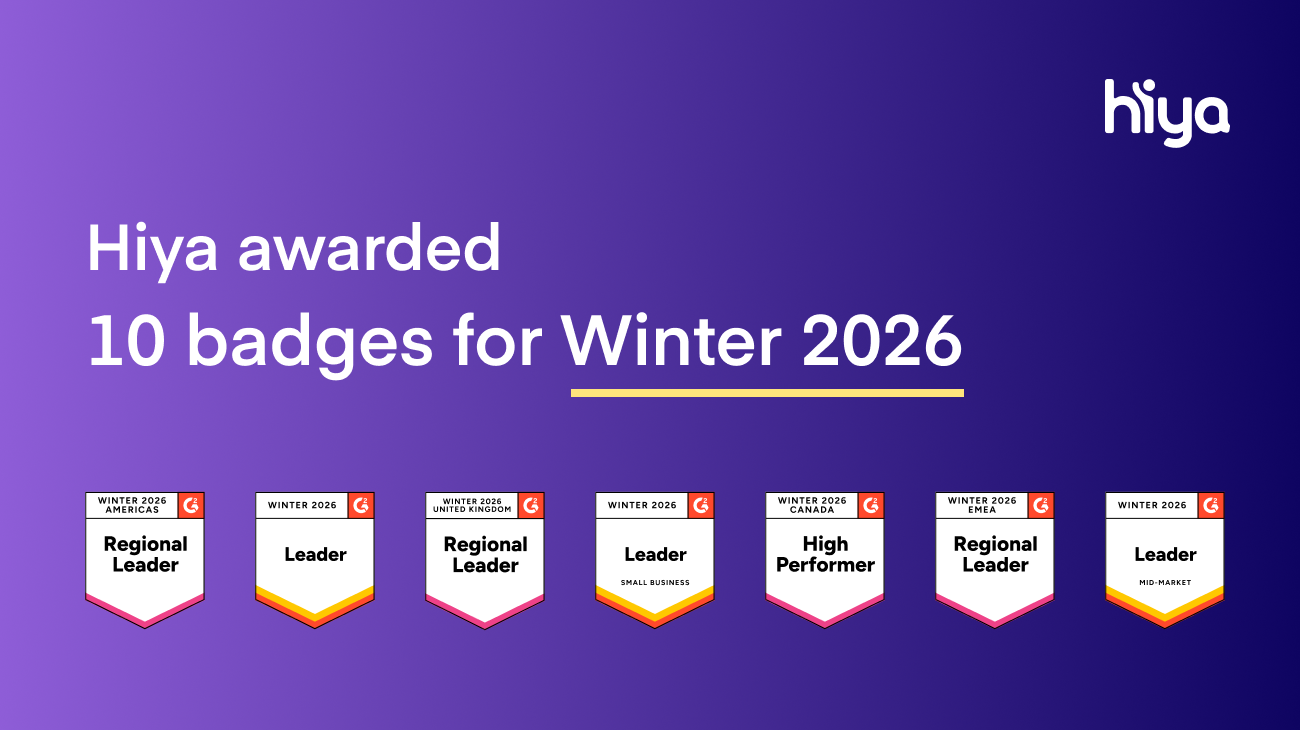
The Federal Communications Commission (FCC) has adopted new rules intended to stop illegal robocalls that originate overseas from entering U.S. phone networks. These rules apply to gateway providers: carriers that serve as the U.S. entry point for calls from abroad.
The new rules require gateway providers to comply with STIR/SHAKEN caller ID authentication and require them to take additional steps to validate the identity of the providers whose traffic they are routing. With STIR/SHAKEN caller ID authentication, carriers examine the digital signature of each call and assign it a “grade” of A, B, or C. The highest level, an A grade, means the carrier has verified the caller’s identity and authorized usage of the phone number. (See our blog post What is STIR/SHAKEN?)
“International robocall scams are a huge part of the robocall and spoofing problem facing American consumers and businesses,” the FCC said in a recent press release. “In 2021, 65% of the voice service providers identified as transmitting illegal robocalls were either foreign-based or gateway providers.
The release stated that both the FCC and Congress have prioritized the fight against foreign-originated scam calls.
“FCC and Congress have made the fight against foreign-originated scam calls a priority.”
The new rules require gateway providers to:
- Participate in robocall mitigation, including blocking efforts.
- Take responsibility for illegal robocall campaigns on their networks.
- Cooperate with FCC enforcement efforts.
- Quickly respond to efforts to trace illegal robocalls to their source.
Gateway providers that don’t comply may be subject to blocking by other network participants, essentially ending their ability to operate.
How Hiya fights robocalls
Jonathan Nelson, Director of Product Management for Hiya’s spam blocking service Hiya Protect, explains that gateway providers connect to all the major phone companies.
“For fraudsters, it means that security and scrutiny are one step removed because gateway providers are sometimes less diligent about removing fraudsters,” he said.
While imposing more stringent rules on gateway providers is a good first step, Nelson says it’s unlikely to stop illegal calls from overseas.
In a recent report, Is STIR/SHAKEN Preventing Scam Calls?, Nelson shows that currently about one in five robocalls are receiving “A” attestation and that number has been growing over the past several months.
The good news is that Hiya’s Adaptive AI technology has been effective in catching spam robocalls — regardless of attestation level. Adaptive AI is the industry’s first self-learning call protection system that proactively hunts and shuts down illegal callers in real-time. It observes the patterns of spammers in network traffic and adapts to block them without the need for historical data or for data scientists to add new models to the system.
Learn more about Adaptive AI.
Learn more about Hiya’s spam blocking service Hiya Protect.

.jpg)

